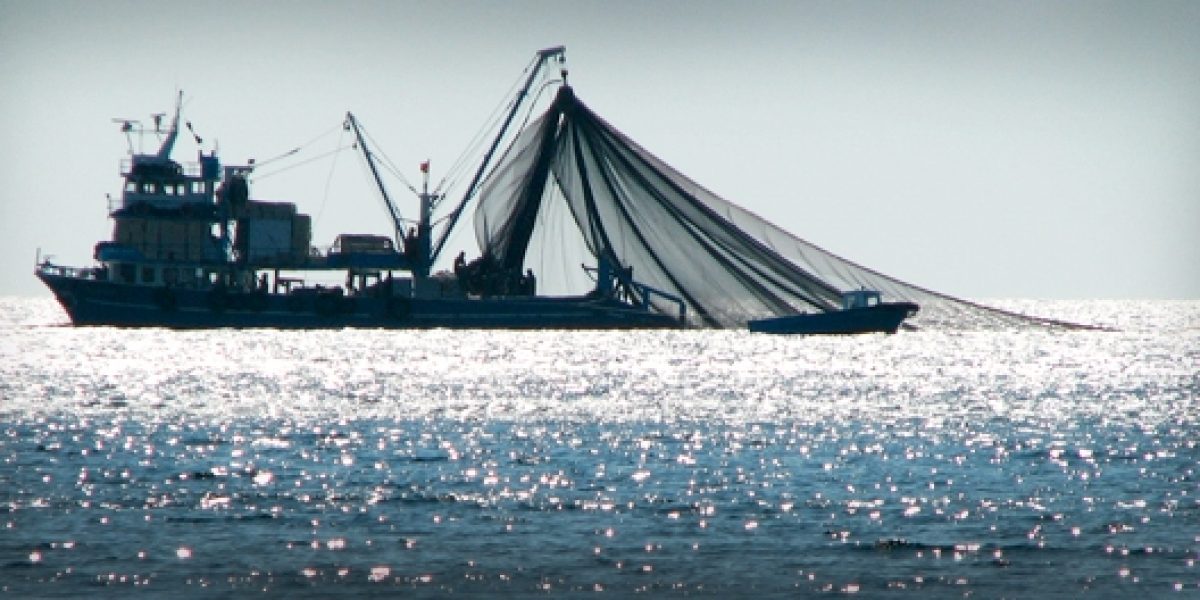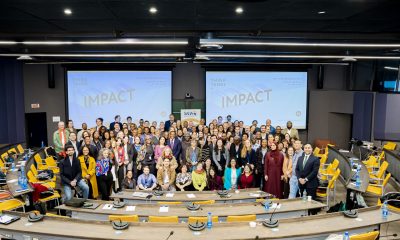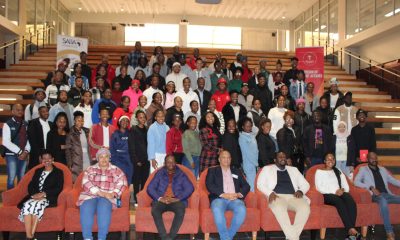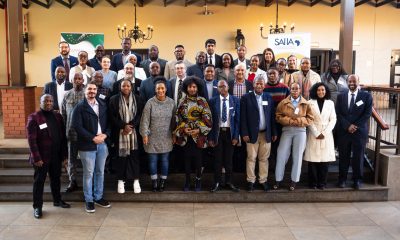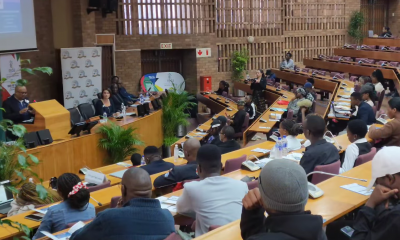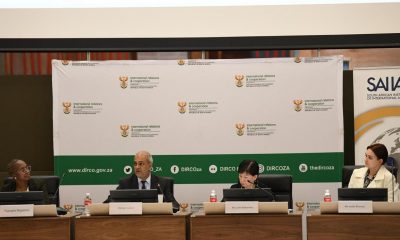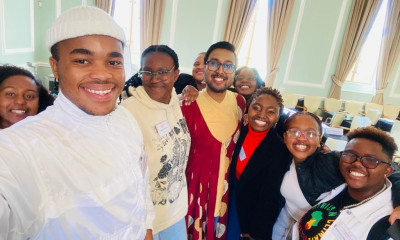The Chairperson of the African Union Commission, Dr. Nkosazana Dlamini-Zuma, later confirmed that an entire chapter of Agenda 2063, the African Union’s new growth plan for the continent, would be dedicated to the Blue Economy concept.
Other initiatives on the continent have reflected the growing interest in the potential of fisheries, marine trade, marine energy resources and other aspects of the blue economy. The 2014 Africa Progress Report, entitled Grain, Fish, Money spoke of the need for a “blue revolution” that would see far greater resources allocated to managing the continent’s fisheries resources and addressing the high level of illegal and unregulated activities in the sector. The Policy Framework and Reform Strategy for Fisheries and Aquaculture in Africa, endorsed during the second Conference of African Ministers of Fisheries and Aquaculture in May 2014, provides a roadmap for how some of these objectives may be achieved.
Maritime security is an important consideration in the future growth of Africa’s blue economy, as underlined recently through the social and economic disruption caused by piracy off the Horn of Africa and increasingly in the Gulf of Guinea in West Africa. In this respect, the implementation of Africa’s Integrated Maritime Strategy (AIMS) will be crucial to the region’s development.
Beyond Africa, oceans governance issues are also being increasingly prioritised. The Global Ocean Commission and the Global Partnership for Oceans are just two of the initiatives established in recent years that are seeking to find solutions to issues such as overfishing, loss of habitat and biodiversity, pollution, and the development of an effective governance regime for seabed mining.
Numerous conferences have also been convened to develop strategies aimed at improved governance of the marine domain, including the World Ocean Summit (February 2014), the Ocean Action Summit (April 2014) and, most recently, the Our Ocean Summit convened by the United States in June 2014. It was at the Our Ocean Summit that the US President Barack Obama committed to create the world’s largest ocean preserve by expanding the Pacific Islands Marine National Monument, while Anote Tong, president of the Pacific Island state of Kiribati, announced that an area of 157,630 square miles in Kiribati’s waters would be closed to commercial fishing.
The South African Institute of International Affairs (SAIIA), through its Governance of Africa’s Resources Programme (GARP), has undertaken research on fisheries governance in Tanzania, Angola, Uganda, Mozambique, South Africa and Namibia. The policy note Development, Sustainability and Social Justice: The Elusive Balancing Act of African Fisheries Governance draws out the key lessons from these case studies for both small-scale and industrial fisheries. While noting that the effective governance of Africa’s fisheries resources faces numerous challenges, the publication emphasises that progress is being made on a number of fronts. It is therefore necessary to transcend the themes of unrealised potential and crisis in order to build on existing successes in achieving sustainable and prosperous fisheries.
Download the Policy Note: Development, Sustainability and Social Justice: The Elusive Balancing Act of African Fisheries Governance
Also see SAIIA Policy Briefing 87, Seabed Mining: Lessons from the Namibian Experience

